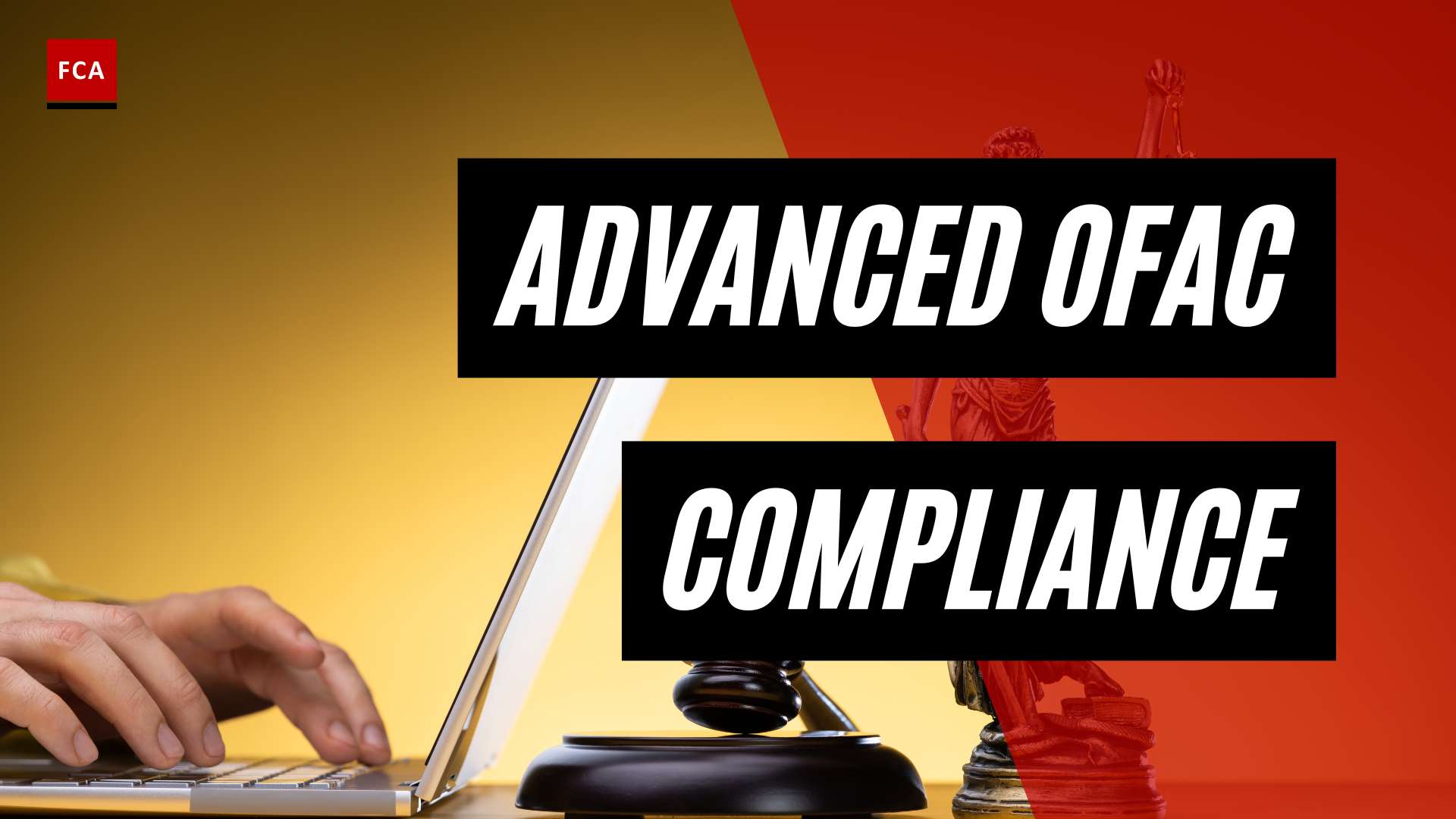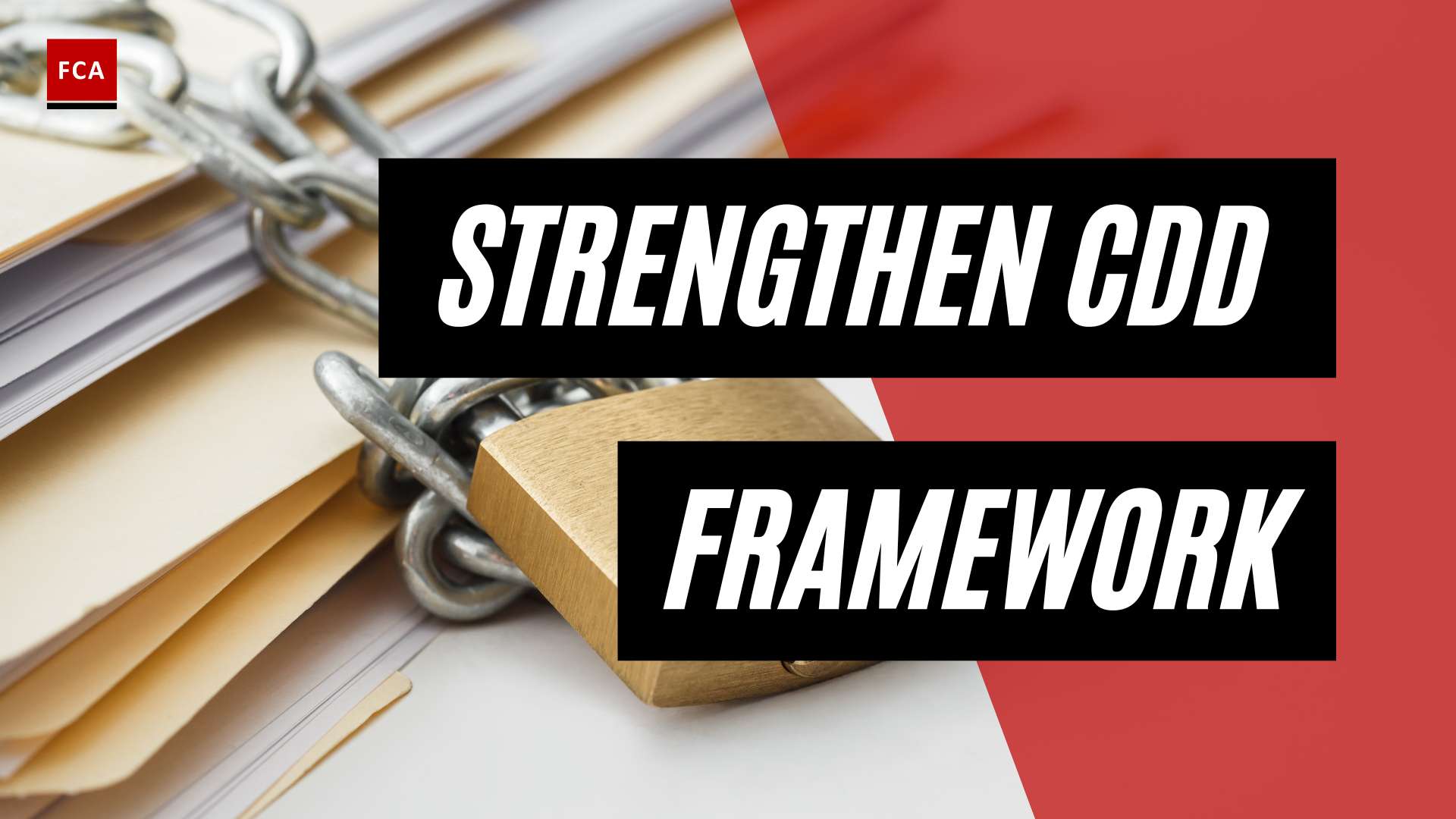AML Salary Overview
In the world of anti-money laundering (AML), salaries and compensation play a crucial role in attracting and retaining talented professionals. Understanding the average AML salary, the highest-paid AML professionals, and the salary trends in the field can provide valuable insights for individuals pursuing a career in AML.
Average AML Salary
According to recent salary survey data from the Association of Certified Financial Crime Specialists (ACFCS) in 2021, the average salary for an AML specialist is $72,505 per year. This figure represents a general baseline for professionals working in AML roles.
Highest-Paid AML Professionals
At the top of the AML career ladder, the highest-paid professionals are typically those who hold the title of Chief Compliance Officer (CCO) or a similar executive position. According to the ACFCS survey conducted in 2021, these individuals earn an average salary of $193,853 annually. Their responsibilities encompass overseeing the AML program, managing compliance teams, and ensuring regulatory adherence.
Salary Trends in AML
The AML field is dynamic, with salary trends evolving over time. The ACFCS reported an average salary increase of 2.8% for AML professionals in 2021 compared to the previous year. This indicates positive growth in compensation within the industry.
It’s essential to note that salaries can vary based on factors such as experience, education, industry, and geographic location. AML analysts, for example, earn an average salary of $59,187 per year, while AML managers, a step above analysts, earn an average salary of $89,756 annually according to the ACFCS survey data from 2021 (Financial Crime Academy).
To gain a comprehensive understanding of AML salaries and compensation, it’s important to consider factors such as job titles, industry specialization, certifications, and career progression. By staying informed about salary trends and industry benchmarks, professionals can make informed decisions about their AML career paths and negotiate fair compensation.
Navigating the AML field requires continuous learning, professional development, and staying up-to-date with the latest industry trends. As you progress in your AML career, it’s important to take advantage of resources such as salary guides and industry insights to ensure that you are compensated fairly and have a clear understanding of the earning potential within the field.
Factors Affecting AML Salaries
When it comes to salaries in the field of Anti-Money Laundering (AML), several factors come into play. The specific roles and responsibilities within AML can vary, and this can have an impact on the compensation received. In this section, we will explore the salaries of AML specialists, AML analysts, and AML managers.
AML Specialist Salaries
AML specialists play a crucial role in identifying and preventing money laundering activities. They are responsible for conducting investigations, analyzing financial transactions, and ensuring compliance with relevant regulations. According to recent salary survey data from the Association of Certified Financial Crime Specialists (ACFCS) in 2021, the average salary for an AML specialist is $72,505 per year.
AML Analyst Salaries
AML analysts are responsible for monitoring and detecting potential money laundering activities within financial institutions. They analyze transactional data, conduct investigations, and report suspicious activities. Based on data from the ACFCS survey conducted in 2021, AML analysts earn an average salary of $59,187 per year.
It’s important to note that salaries for AML analysts can vary based on factors such as experience, education, and the size of the organization. Additionally, location can also impact salaries, as the cost of living and demand for AML professionals can differ across regions.
AML Manager Salaries
AML managers oversee and lead AML teams within organizations. They are responsible for developing and implementing AML strategies, managing staff, and ensuring compliance with regulatory requirements. The average salary for AML managers is $89,756 annually, based on the ACFCS survey data from 2021 (Financial Crime Academy).
As with other AML roles, the salaries of AML managers can vary based on factors such as experience, education, the size of the organization, and the level of responsibility. It’s also worth noting that higher-level positions within AML, such as AML directors and AML compliance officers, may command higher salaries.
It’s important to keep in mind that these salary figures are averages and can vary depending on various factors including location, industry, and individual qualifications. For more detailed salary information, it is recommended to refer to industry salary guides and conduct research specific to your region and experience level.
Understanding the factors that affect AML salaries is crucial for professionals in the field. By assessing these factors, individuals can make informed decisions regarding their careers and negotiate fair compensation. It’s also worth considering that career progression and acquiring relevant certifications can have a positive impact on AML salaries. To explore more about AML career progression and certification options, refer to our articles on aml career progression and aml certification.
AML Salary by Location
The salary of professionals in the anti-money laundering (AML) field can vary depending on their location. Factors such as the cost of living, demand for AML professionals, and industry concentration can influence the salaries in different regions. In this section, we will explore the AML salaries in California, New York, and Texas.
AML Salary in California
In California, the average base pay for an AML compliance officer is $89,000 per year, which is higher than the national average in the United States. The salary range for AML compliance officers in California typically falls between $56,000 and $99,000 per year. The high cost of living in California, particularly in cities like San Francisco, contributes to the higher salaries in this region.
AML Salary in New York
New York City is another prominent hub for AML professionals. The average base pay for an AML compliance officer in New York City is $78,313 per year, which is above the national average for this role. The salary range in New York City varies depending on factors such as experience, qualifications, and the size of the organization. Given the concentration of financial institutions and regulatory bodies in New York, there is a strong demand for AML professionals, which can contribute to higher salaries in the region.
AML Salary in Texas
Texas is also home to a significant number of AML professionals. The average salary for Anti-Money Laundering Analysts in Texas is $73,898 per year, with a salary range typically falling between $56,740 and $93,435. The specific salary within this range depends on factors such as experience, qualifications, and the industry in which the professional is employed (Indeed). Texas offers a more affordable cost of living compared to states like California and New York, which may contribute to the salary range in the region.
When considering a career in AML, it’s important to research and understand the salary landscape specific to your location. Salaries may vary not only between states but also within different cities and regions. Factors such as the demand for AML professionals, cost of living, and industry concentration can significantly impact the salaries offered. By exploring the AML salary by location, professionals can make informed decisions regarding their career path and compensation expectations.
Certifications and AML Salaries
Certifications play a vital role in the field of anti-money laundering (AML) by enhancing job prospects and potentially increasing earning potential. Let’s explore the impact of these certifications on AML salaries.
Impact of Certifications on AML Salaries
Obtaining relevant certifications can significantly impact AML salaries. According to Franklin University’s Career Guide, certifications demonstrate a high level of expertise and dedication to the field of AML compliance. Employers often value these certifications and are willing to offer higher salaries to professionals who hold them.
By acquiring certifications, AML professionals can demonstrate their commitment to staying up-to-date with industry best practices and regulations. This expertise can make them more desirable candidates for higher-paying positions in the field.
AML Certification and AML Salaries
Specific salary figures can vary based on factors such as experience, location, and job responsibilities, the average salary for an AML compliance officer in the United States is $72,875 per year, with a range between $56,000 and $99,000 according to Glassdoor (Glassdoor). However, it’s important to note that AML salaries can differ depending on the specific role. For example, an AML analyst earns an average salary of $71,763 per year (Indeed).
AML Certification and AML Salaries
Specific salary figures for CFCS-certified professionals may depend on various factors, including experience, location, and job responsibilities. However, according to the ACFCS survey in 2021, the highest-paid AML professionals, often holding the title of Chief Compliance Officer, earn an average salary of $193,853 annually. This demonstrates the potential for higher salaries for those who have achieved advanced AML certifications.
By investing in AML certifications can demonstrate their expertise, enhance their career prospects, and potentially increase their earning potential. These certifications validate their knowledge and commitment to the field, making them valuable assets to organizations looking to mitigate financial crime risks.
To explore more about AML salaries, certifications, and career progression, refer to our articles on aml analyst salary, aml specialist salary, aml manager salary, aml director salary, aml compliance salary, aml career progression, highest paying aml jobs, aml salary guide, and aml compensation trends.
AML Salary in Different Industries
When it comes to salaries in the field of anti-money laundering (AML), compensation can vary depending on the industry in which professionals work. In this section, we will explore the average AML salaries in the financial services industry, compliance consulting, and government agencies.
AML Salary in Financial Services
Financial services, including banks, credit unions, and investment firms, are among the top employers of AML compliance professionals. These organizations are under regulatory pressure to prevent money laundering and fraud, driving the need for skilled AML professionals in this area (Franklin University Career Guide).
The average base pay for an AML compliance officer in the United States is $72,875 per year, with a salary range between $56,000 and $99,000 (Glassdoor). It’s important to note that salaries may vary depending on factors such as experience, education, and the size of the financial institution.
AML Salary in Compliance Consulting
Compliance consulting firms provide specialized services to help organizations comply with AML regulations and mitigate financial crime risks. AML professionals working in compliance consulting may have the opportunity to work with various clients, gaining exposure to different industries and regulatory frameworks.
While specific salary data for AML professionals in compliance consulting may vary, they can generally expect competitive compensation packages in line with their expertise and experience level. Salaries may also be influenced by factors such as the size and reputation of the consulting firm.
AML Salary in Government Agencies
Government agencies, such as law enforcement, regulatory bodies, and intelligence agencies, play a vital role in combating money laundering and financial crimes. AML professionals working in government agencies contribute to the development and implementation of policies, investigations, and enforcement actions.
The salary range for AML professionals in government agencies can vary depending on the specific agency and the level of responsibility. Salaries may also be influenced by factors such as location and years of experience. It’s worth noting that government agencies often offer additional benefits and job security in addition to competitive salaries.
When considering a career in AML, professionals should carefully evaluate the industry that aligns with their interests and goals. Understanding the salary landscape in different industries can provide valuable insights to help professionals make informed decisions about their career paths.
For more information about AML salaries, career progression, and industry trends, visit our AML salary guide and explore the resources available to help you navigate your AML career journey.
Career Growth and AML Salaries
For professionals working in the field of Anti-Money Laundering (AML), career growth opportunities and salary progression are important considerations. As the demand for AML specialists continues to rise, individuals in this field have the potential to advance their careers and increase their earning potential. By investing in AML certifications and acquiring the necessary skills and knowledge, professionals can position themselves for success in this dynamic field.
Advancement Opportunities in AML
The field of AML offers various advancement opportunities for individuals who demonstrate a strong commitment to their professional development. Career progression in AML can take several paths, including moving from entry-level positions to more senior roles such as AML Analysts, AML Specialists, or AML Managers.
Entry-level AML professionals often start as AML Analysts, responsible for conducting investigations, analyzing transactions, and identifying potential money laundering activities. With experience and expertise, they can advance to roles such as AML Specialists, who focus on developing and implementing AML policies and procedures, or AML Managers, who oversee AML programs and manage teams of analysts and specialists.
To explore the highest-paying AML jobs and gain insights into career paths in the field, you can refer to our article on highest paying AML jobs.
Salary Progression in AML
According to the Association of Certified Financial Crime Specialists (ACFCS), AML professionals experienced an average salary increase of 2.8% in 2021 compared to the previous year, as reported in their AML salary survey. Salary progression in AML is influenced by factors such as experience, level of education, certifications, and job responsibilities.
Professionals starting their careers in entry-level AML positions, such as AML Analysts, can expect their salaries to increase as they gain experience and demonstrate their value to employers. Moving into more specialized roles, such as AML Specialists, or taking on managerial positions, can further contribute to salary growth.
To gain a deeper understanding of salary trends and compensation in the AML field, you can refer to our comprehensive AML salary guide which provides valuable insights into the current market.
Investing in AML Certifications
Investing in AML certifications can greatly enhance career prospects and salary potential for individuals in the field. AML compliance analysts, for example, may be required to possess AML certifications to demonstrate their expertise and dedication to AML compliance.
Employers often value certifications as they demonstrate a commitment to professional growth and validate the knowledge and skills necessary to excel in AML roles. Acquiring certifications can enhance job prospects, open doors to higher-level positions, and potentially lead to increased earning potential.
It’s important to note that while certifications can enhance career opportunities, individuals should be cautious of misleading information suggesting shortcuts to better salaries and career growth (LinkedIn). Instead, professionals should focus on acquiring a strong skill set and knowledge base in AML and Compliance, which are highly valued by recruiters and prospective employers in the financial services industry and other sectors.
By investing in continuous learning, staying updated on industry trends, and obtaining relevant certifications, professionals can position themselves for career growth and salary advancement in the field of AML.
Technical Training for AML Careers
To excel in an Anti-Money Laundering (AML) career, professionals need to acquire the necessary skills and knowledge to stay ahead in this dynamic field. Technical AML training programs provide individuals with the expertise required to navigate the complexities of AML and enhance their career prospects.
Technical AML & KYC Training Program
Usama Mehmood offers a Technical AML & KYC Training program designed to equip individuals with the knowledge and skills necessary for AML careers. This training program provides participants with a comprehensive understanding of AML principles, risk assessment and management, and the ability to detect suspicious activities.
The Technical AML & KYC Training program, provided by Usama Mehmood, offers 50 hours of intensive training. Participants gain insights into the latest AML regulations, industry best practices, and case studies to develop their expertise. This training program focuses on enhancing technical proficiency, enabling participants to meet the expectations of recruiters and prospective employers in financial institutions.








